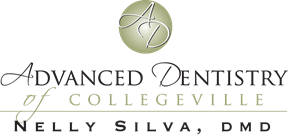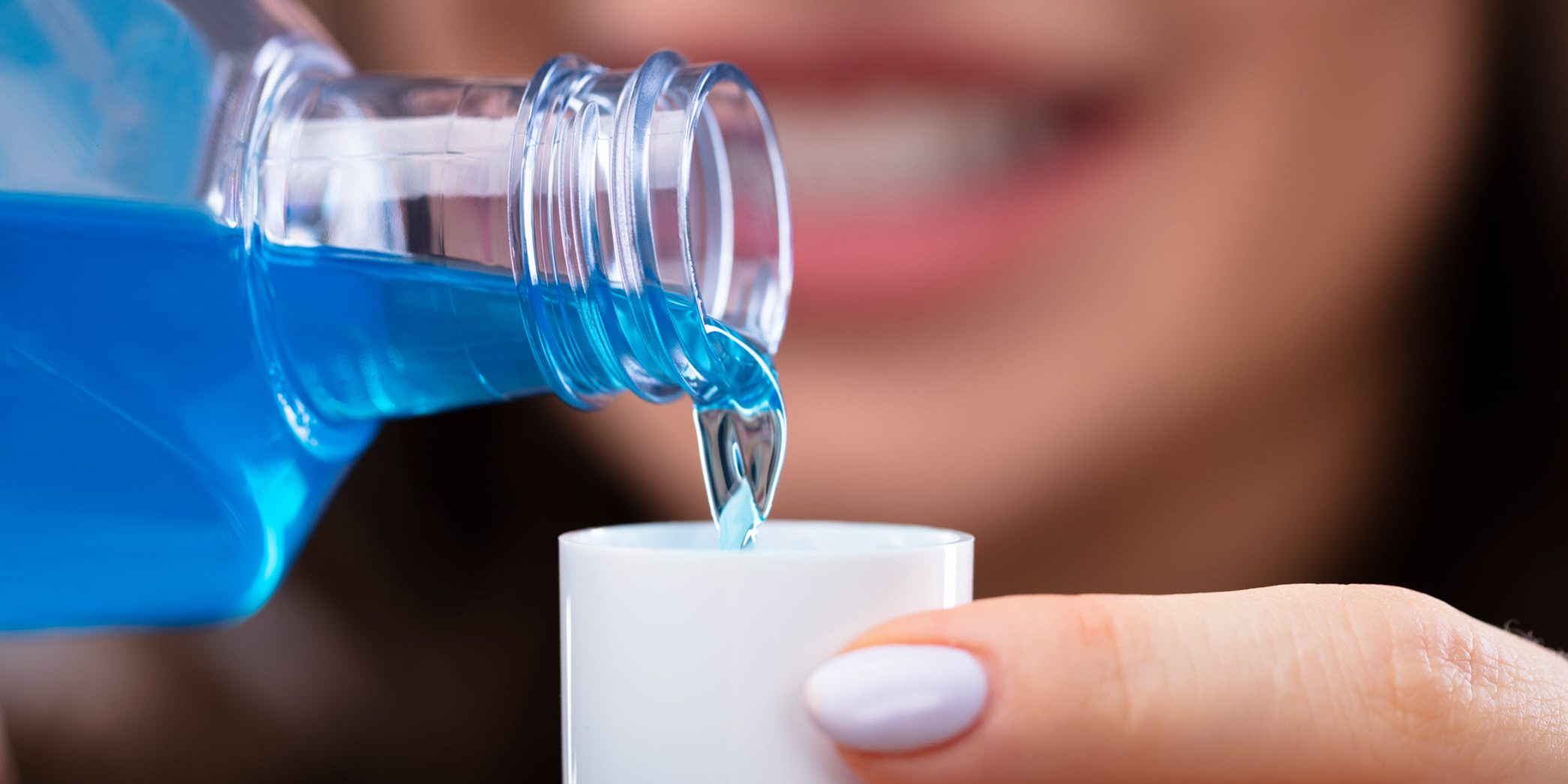Everything You Need to Know About Mouthwash
Everyone has heard of mouthwash, but do you or your children fully understand how mouthwash is important for oral health? Here we are going to talk about mouthwash, what it does, and how to use it properly.
What is Mouthwash?
Mouthwash is a special liquid that includes a type of antiseptic to kill bacteria and help clean your teeth, gums, and tongue. It also protects your teeth from tooth decay and helps manage bad breath. However, not all mouthwashes have the same effects. Different brands use different ingredients to achieve various results.
What is the Purpose of Mouthwash?
There are two different categories when it comes to mouthwash: cosmetic and therapeutic.
- Cosmetic: these types of mouthwashes combat bad breath and provide you with a fresh taste in your mouth, but they don’t kill bacteria or give you oral protection against oral health issues, like gingivitis or plaque buildup.
- Therapeutic: these types of mouthwashes have active ingredients that fight to reduce certain issues, like bad breath or bacteria.
Both kinds of mouthwash are available at local stores. However, some therapeutic mouthwashes do require a doctor’s prescription.
Is Mouthwash Good for Infections?
Some types of mouthwashes can help with infections, such as ones with antibacterial properties that can relieve some inflammation and pain associated with the infection. However, not all mouthwashes are good for infections so be mindful when shopping for one specifically for an infection.
Advantages of Using Mouthwash
As we already know, mouthwash can benefit your oral health. When chosen and used properly, mouthwash could:
- Reduce your risk for tooth decay
- Reduce plaque buildup and debris
- Prevent or manage gingivitis
- Slow the formation of tartar
- Ease sores in your mouth
- Whiten your teeth
- Freshen your breath
Can Mouthwash Have Negative Effects on My Teeth?
Unfortunately, there are a lot of myths out there about mouthwash not being good for you. since not all mouthwash is created equal, some can have negative effects on your health.
For example, some mouthwashes contain alcohol, which actually can increase your risk of developing oral cancer. To avoid this issue, choose an alcohol-free or all-natural mouthwash.
Mouthwash can also wash away the effects of toothpaste if you use it immediately after brushing your teeth. It can also leave your teeth then unprotected and more sensitive.
Some stronger mouth rinses also could cause staining to your teeth, so make sure if you are using a more powerful kind of mouthwash, that you are watching out for discoloration of your teeth.
Does Mouthwash Destroy Good Bacteria?
The one downfall mouthwash has is, it cannot tell the difference between good and bad bacteria. It is important in this case to discuss your options with your dentist to find the right one for you.
Choosing a Mouthwash
When choosing the right mouthwash, you first want to make sure it has an ADA seal of acceptance, so you know it is approved by the American Dental Association. Second, you want to look for one that fights bacteria.
What works well for one person won’t necessarily work best for you, so again it is important to talk to your dentist about what the right mouthwash would be for you, your teeth, and the problems you want to address.
What Comes First, Mouthwash or Brushing?
It is recommended that you brush and floss before using mouthwash. If you have fluoride in your toothpaste, you should wait about 30 minutes before using the mouthwash, so it doesn’t get rid of any of the fluoride. After you are done using your mouthwash, do not rinse or eat 30 minutes prior.
But Is It Ok to Use Mouthwash Before Brushing?
It actually is ok to use mouthwash before brushing if that is what you prefer. It does break up plaque and moves debris from tough to reach spots, which in turn makes it easier for your toothbrush to do the rest.
Can I Use Mouthwash Instead of Brushing?
No, mouthwash is not a substitute for brushing and flossing. It can enhance your daily routine, but not replace it.
Can You Overuse Mouthwash?
If your mouthwash contains alcohol or fluoride, then you shouldn’t be using it more than once a day. However, cosmetic mouthwash doesn’t have the same active ingredients, so it is possible to use it more often. As always, you should follow your dentist’s guidance and the directions written on the mouthwash label.
Should You Use Mouthwash Before Bed?
Yes! Using an oral rinse before bed helps to reduce bacteria buildup overnight.
Should You Add Mouthwash to Your Oral Care Routine?
YES! Many mouthwashes enhance your daily oral care routine, especially if you deal with bad breath or are worried about gingivitis. If you find that the mouthwash you’re using isn’t working, you may want to discuss it with your dentist.
If you have any questions about using mouthwash or if you have concerns about your oral health, give us a call! We can help. (610) 489-5555







